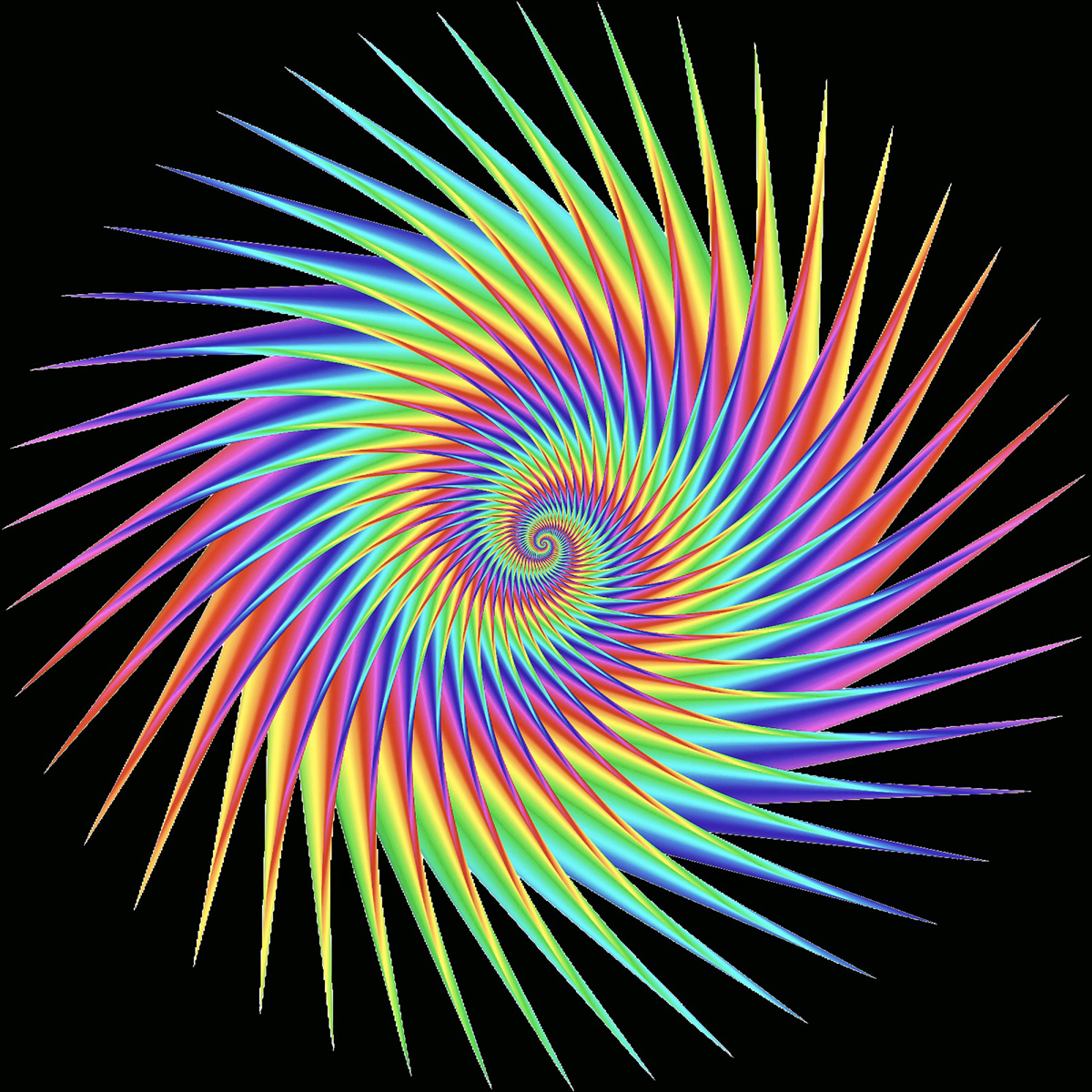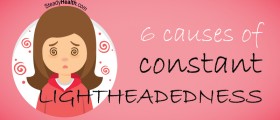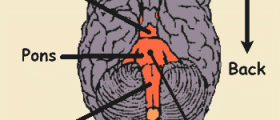
Balance Disturbance
Dizziness is not a disease. It is a condition that may be caused by more than 300 causes. People often describe the disturbance of balance in two ways: a sense of rotation around the or in the head, and a loss of orientation in space. Dizziness aggravates by head turning and changing body positions. It is often accompanied with disorders of hearing, noise in the ears and nausea. Some diseases cause just one attack of vertigo, while other cause recurring or persistent dizziness. The most important thing is to determine its cause. One-time dizziness is caused by a sudden unilateral labyrinth dysfunction in the inner ear or rapidly occurred brainstem damage. Repeated vertigo occurs occasionally with certain movements, for example, a sudden getting up after a night lying or sudden twitching movements of the head. This type of vertigo is usually consequence of microcirculation disorder in the inner ear or repeated ischemia of the brainstem. Permanent dizziness can be caused by some medications (streptomycin, gentamicin), the decay of nerve fibers outlining, brainstem infarction or tumors in the posterior cranial pit.Causes
Positional vertigo is the most common type of dizziness. It may be caused by an irregular movement or position of the head while lying down, turning in bed or head disavowal. It takes only a minute or less, and may be accompanied with rhythmical eyes blinking while hearing remains preserved. Ménière's disease is a disorder of micro-circulation in the inner ear. The disease is manifested by sudden attacks of vertigo, which can last from several minutes to several hours. The attack can be so severe that the patient must lie down. Strong dizziness is usually fleeting. Vestibular neuritis is characterized with intense vertigo lasting for several days which then gradually subsides within a few weeks. Tumor of the auditory nerve manifests in constant dizziness, which expression can be measured. Other signs that indicate a tumor are hearing loss and other nerve disorders of brain function, such as facial nerve palsy. Disturbances of blood flow to the brain can cause dizziness. These disturbances may be in one or both spinal arteries as well as in basic - basilar, artery. An aging changes and narrows artery walls which become stiffer. At the same time spinal artery is exposed to the cervical spine pressure. So, cervical spine, in a certain position, can impede or even completely prevent the blood flow through the spinal artery. Such vertigo occurs during the turning the head backwards and head disavowal.Those with disorders of blood flow through the main artery complain about vertigo and ground escaping under the feet, feel of falling, bed, walls and ceiling moving around. Changes caused by aging and wearing of neck tissue cause violent headaches and dizziness. Dizziness may also be consequence of nerves tension which causes spasms of the neck muscles. The tension may be caused by a number of commitments and a bad working day, argument, the excitement before the exam, excessive physical effort, forced head position, etc.
Dizziness may occur as a consequence of the basilar migraine. It usually occurs in young adults. Dizziness is accompanied with pulsating pain which is more pronounced in the scalp. Other symptoms of brainstem dysfunction - difficulty in speech, double vision, noise in the ears, and confusion, also may be present. Exceptionally, this kind of vertigo may be a sign of epilepsy seizure.
Many people have a psychological disorder accompanied with anxiety and fear of a possible fall. This condition leads to the stress or psychogenic dizziness, which if left untreated, can cause unreasonable fear.











-Causes,-Symptoms,-Diagnosis,-Treatment_f_280x120.jpg)





Your thoughts on this
Loading...